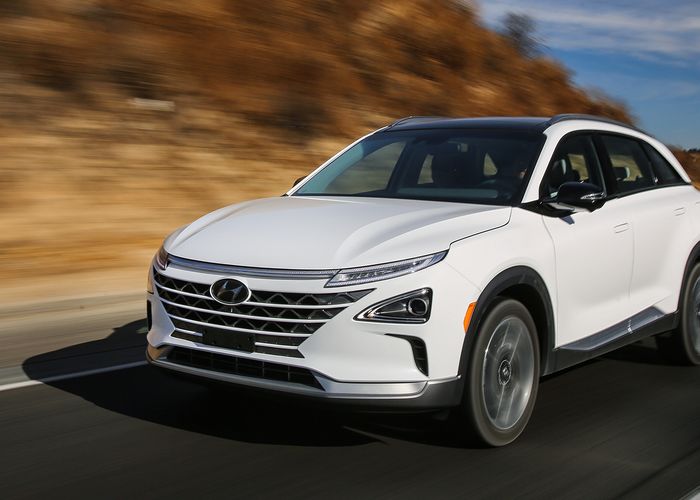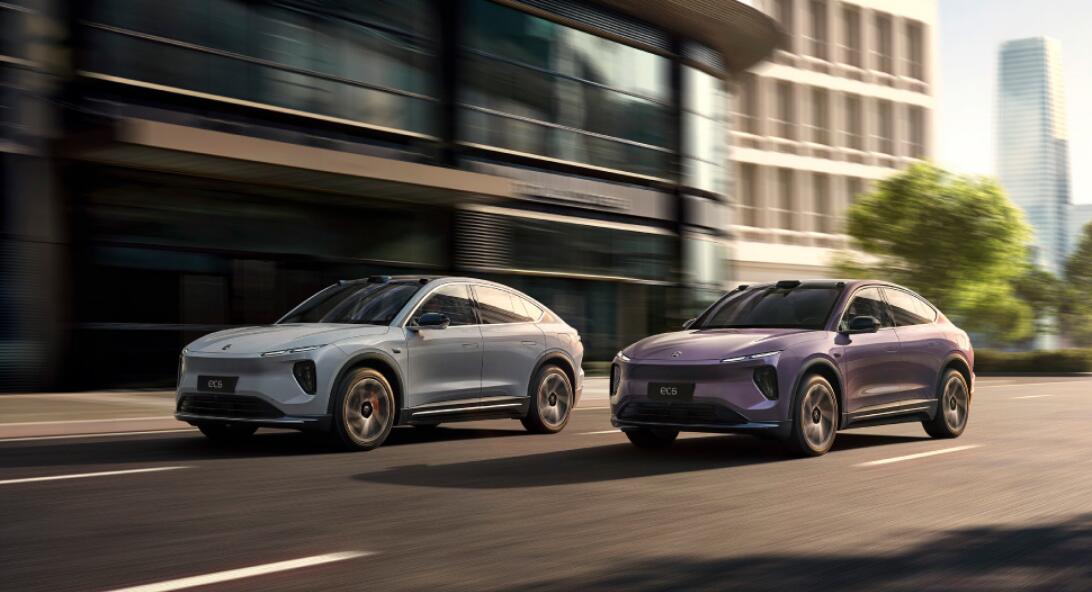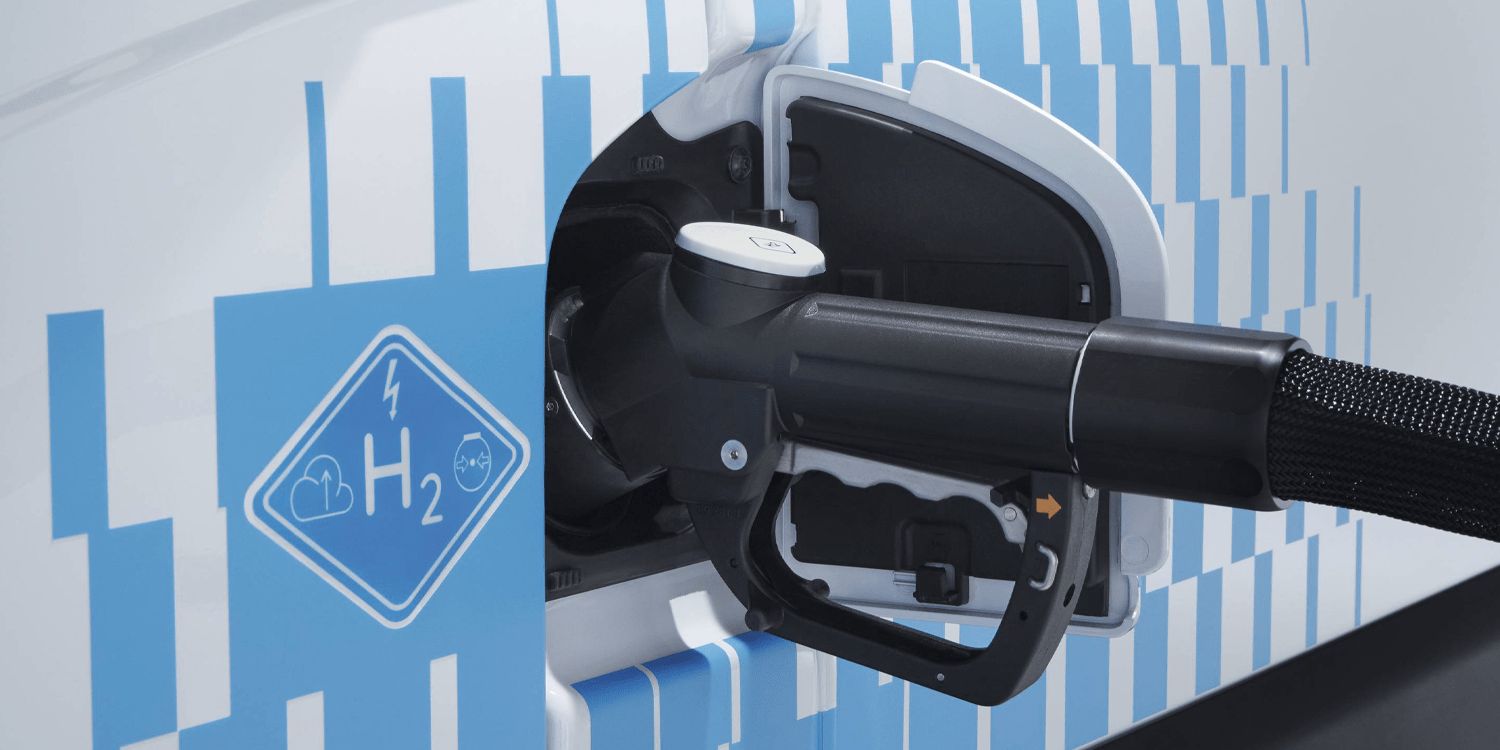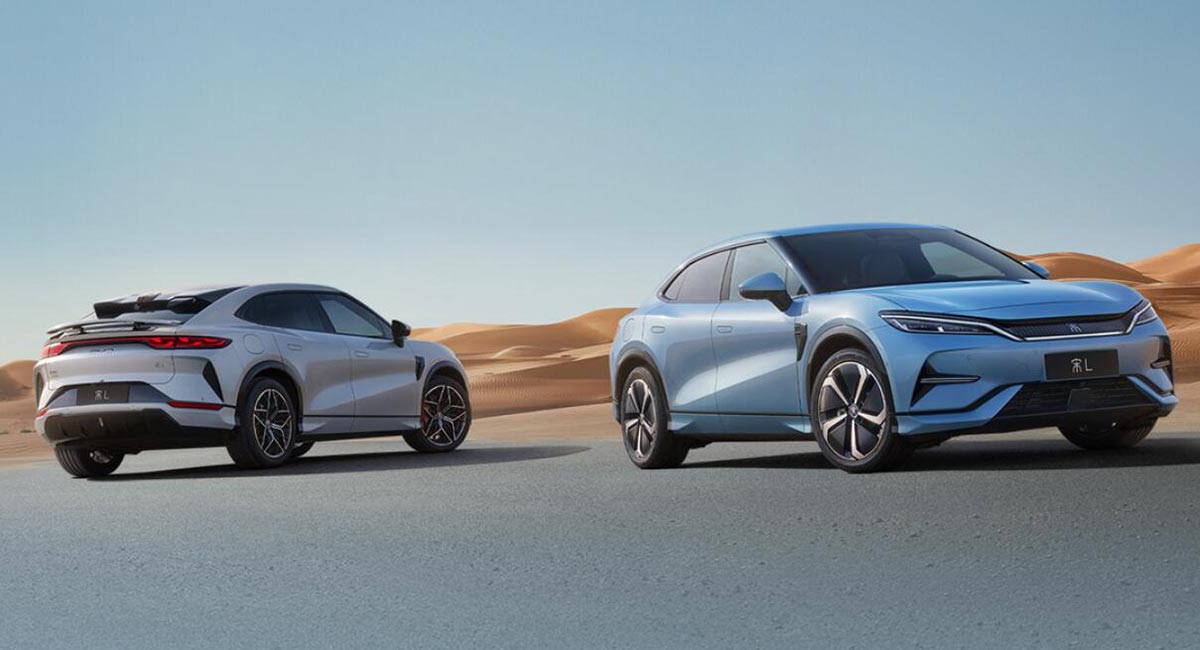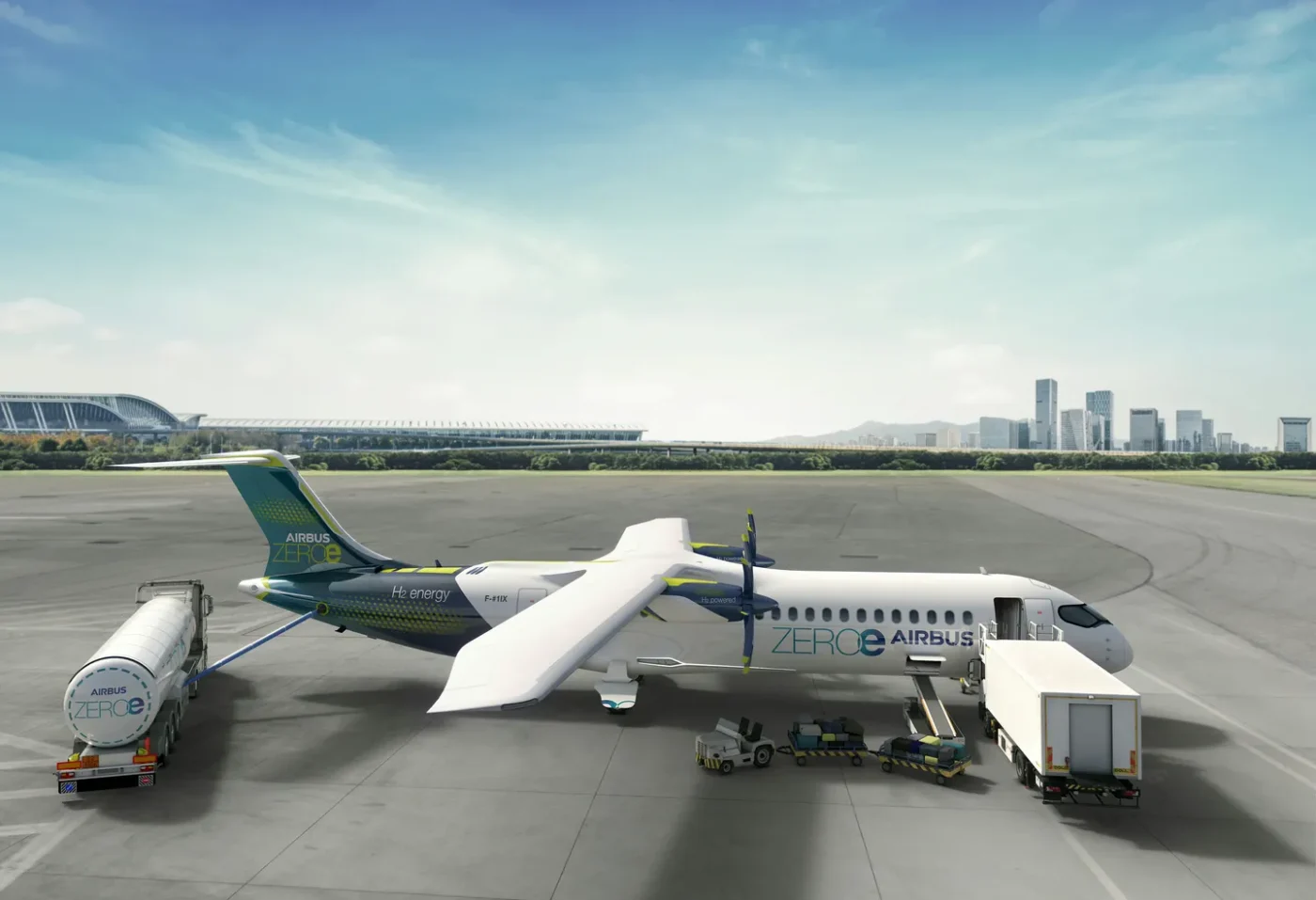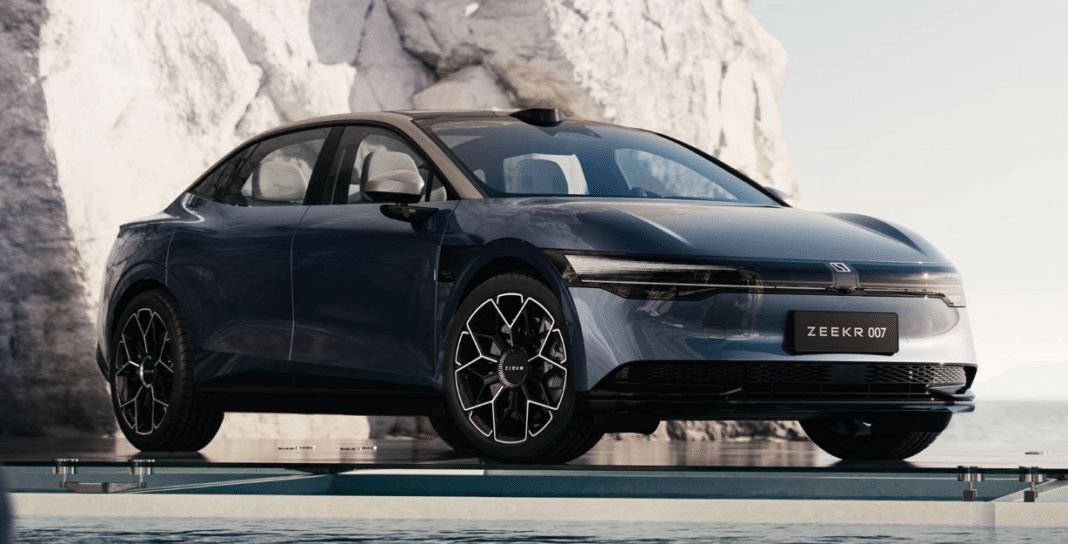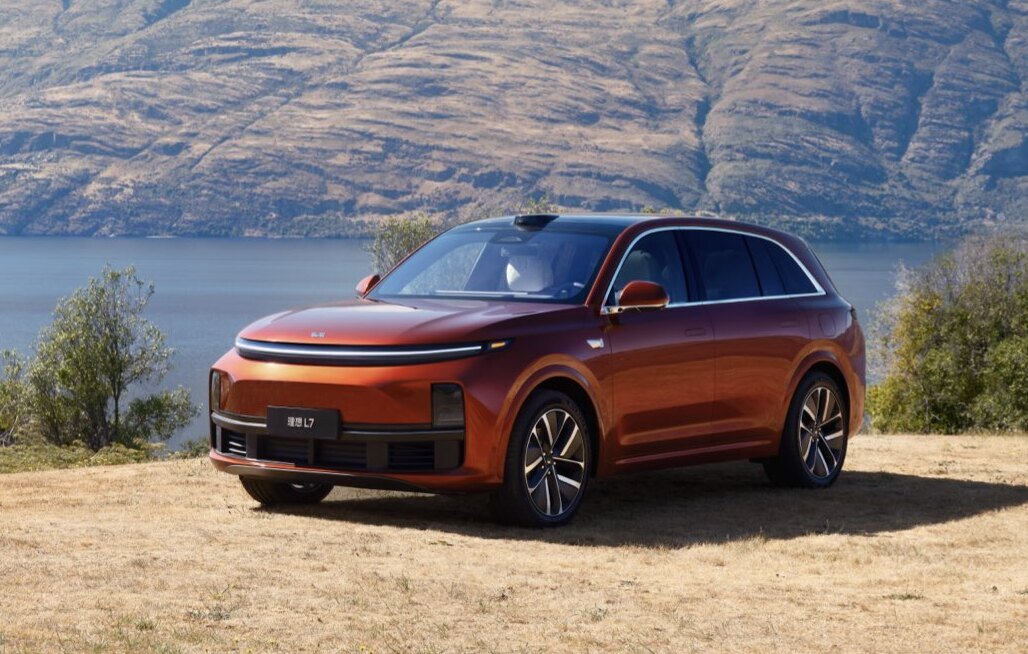Despite recent growth, hydrogen-powered cars continue to occupy a limited niche in the United States, primarily hindered by inadequate infrastructure. In 2023, the two available models, Toyota Mirai and Hyundai Nexo, collectively sold 2,737 and 241 units, respectively, constituting a total of 2,968 hydrogen fuel cell vehicles (H2 cars) sold in the country.
This figure reflects a modest 10% increase compared to 2022. In stark contrast, battery electric vehicle (BEV) sales surged by 48%, reaching approximately 1.1 million units in 2023.
See also: Michelin’s Watèa Expands Fleet Solutions to Include Hydrogen Vehicles
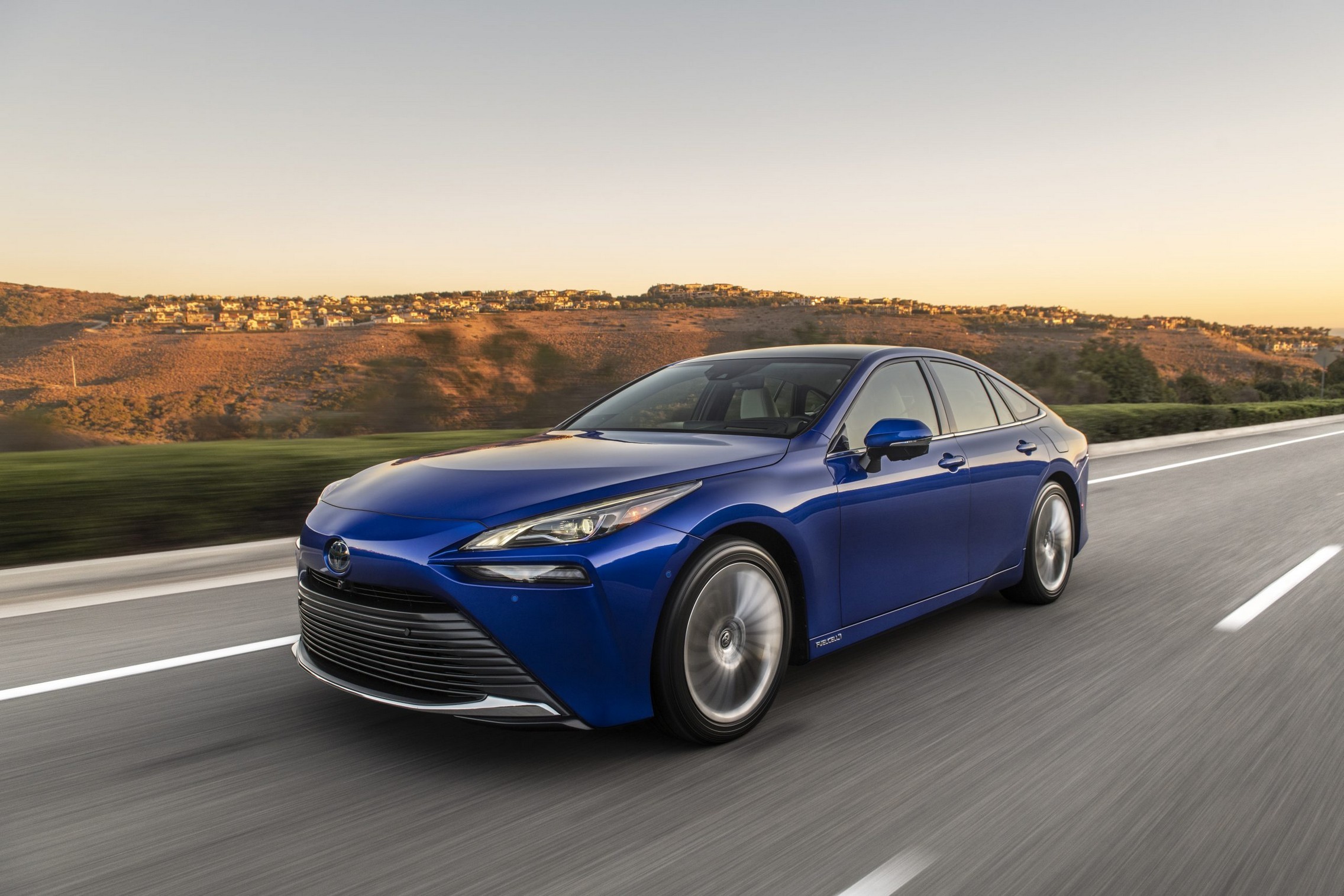
Both the Toyota Mirai and Hyundai Nexo, although considered somewhat outdated amidst the rapid evolution of electric vehicles, face challenges beyond their inherent features. A significant factor contributing to their limited sales is the insufficient hydrogen refueling infrastructure in the U.S.
According to data from H2stations.org, North America hosts only 100 hydrogen refueling stations, with a majority—75 stations—concentrated in California. Reports indicate instances of station closures due to technical issues or fuel shortages, potentially causing inconvenience for drivers relying on this technology.
The predicament is exacerbated by the fact that hydrogen cars are predominantly available in California, further limiting their market reach. In a stark contrast, BEVs enjoy wider availability and a robust charging infrastructure, contributing to their substantial market growth.
See also: Hyundai’s N Vision 74 Hydrogen Fuel-Cell Supercar Reportedly Heading for Limited Production in 2026
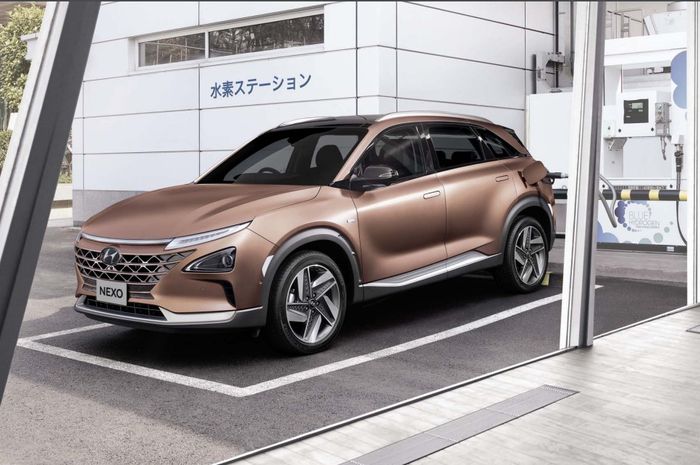
Recent figures from the Hydrogen Fuel Cell Partnership in the U.S. suggest a notable decline in fuel cell electric vehicle (FCEV) sales, particularly evident in the fourth quarter of 2023. Without a significant 72% drop compared to the same period in 2022, the year might have witnessed a new record for FCEV sales.
However, challenges persist, including reports of surging hydrogen prices in California, reaching as high as $36 per kilogram at filling stations. This surge has reportedly led to an 80% decline in Mirai sales for Toyota in the fourth quarter.
Notably, the struggles are not unique to the U.S., as Japan has experienced an 83% drop in hydrogen car sales over the past two years, with only 422 units sold in 2023. This trend underscores the broader challenges faced by hydrogen vehicles on a global scale.

